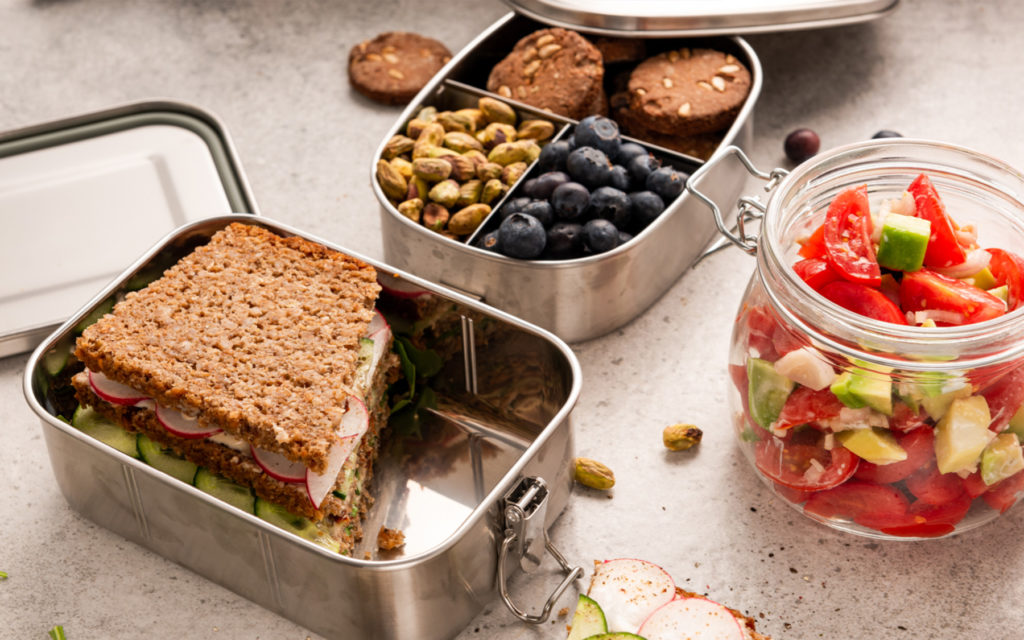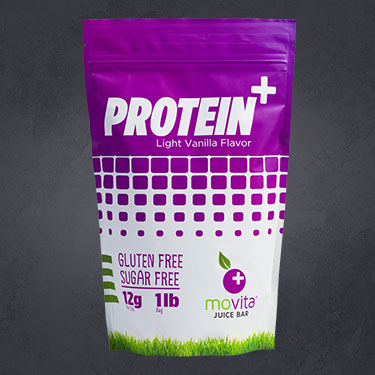
Who doesn’t want a strong, robust immune system to help our body fight off infection and illness? Our food choices are one of the most important factors in developing a strong immune system. Food contains a variety of essential nutrients that our body uses in a multitude of ways, including immune defenses. Protein is the most important macronutrient for a healthy immune system.
Why is protein crucial for the immune system?
Protein is made up of amino acids which are small molecules that are attached to each other in long chains. Think of each amino acid as a critical building block: if even one of these amino acids is in short supply, the assembly line in your body that builds immune systems shuts down. Amino acids are important components of the structure and function of every part of the immune system.
What foods contain protein?
Just about every food except for fats and fruit contains some protein, but the foods that provide the largest amount of protein are meat, poultry, seafood, dairy products (milk, cheese, yogurt), legumes (beans and peas such as pinto beans, garbanzo beans and lentils), eggs, soy foods (tofu, edamame, soy milk and tempeh), nuts and seeds. Animal foods and soy foods contain all the essential amino acids our body needs for a strong immune system. Plant-based foods such as legumes, nuts, seeds and whole grains contain some, but not all, of the essential amino acids.
How much protein do I need?
Most healthy adults who get 30 minutes or less of physical activity each day need .8 – 1 gram protein per kilogram of body weight. One kilogram equals 2.2 pounds, so a person who weighs 165 pounds or 75 kg would need about 60 grams of protein per day. Because most foods except for fat and fruit contain some protein, it’s fairly easy to meet daily protein needs by eating a variety of grains, vegetables, dairy products and protein foods. Our bodies need a variety of nutrients, not just protein, so aim for 10-35% of your total daily calories from protein.
Is it possible to consume too much protein?
When eat more protein than our body needs, we’re also consuming more calories which can contribute to overweight. Eating too much protein might mean that we’re not eating enough fruit, vegetables and whole grains that are important sources of antioxidants, vitamins, and minerals that also are crucial for a strong immune system. Remember Goldilocks and aim for just the right amount of protein – not too little, and not too much.
How do people who eat a vegetarian or vegan diet get enough protein?
People who are vegetarian or vegan need to eat a variety of different plant foods each day so that they get the amino acids they need. For example, spreading peanut or almond butter on a slice of whole grain bread, or adding pinto beans to a tortilla, or making a salad with nuts and chickpeas are simple ways to consume the amino acids necessary for a strong immune system.
Here’s a suggestion:
- Include protein foods with every snack: smear peanut or almond butter on a banana or apple slices, mix nuts and seeds into yogurt, add roasted seeds and shredded Parmesan cheese to popcorn, roll sliced turkey into lettuce leaves.
- Include both plant and animal sources of protein into your daily food choices for a wide variety of healthy nutrients.
DISCLAIMER: These statements have not been evaluated by the FDA. The information is for informational purposes and is not intended to treat, diagnose or cure any illness. Consult a physician before taking any action.
Want to contribute great content?
We are looking for contributors provide our readers with great healthy content to encourage positive living. If you're interested in becoming a contributor pease email us at blog@movitajuicebar.com



